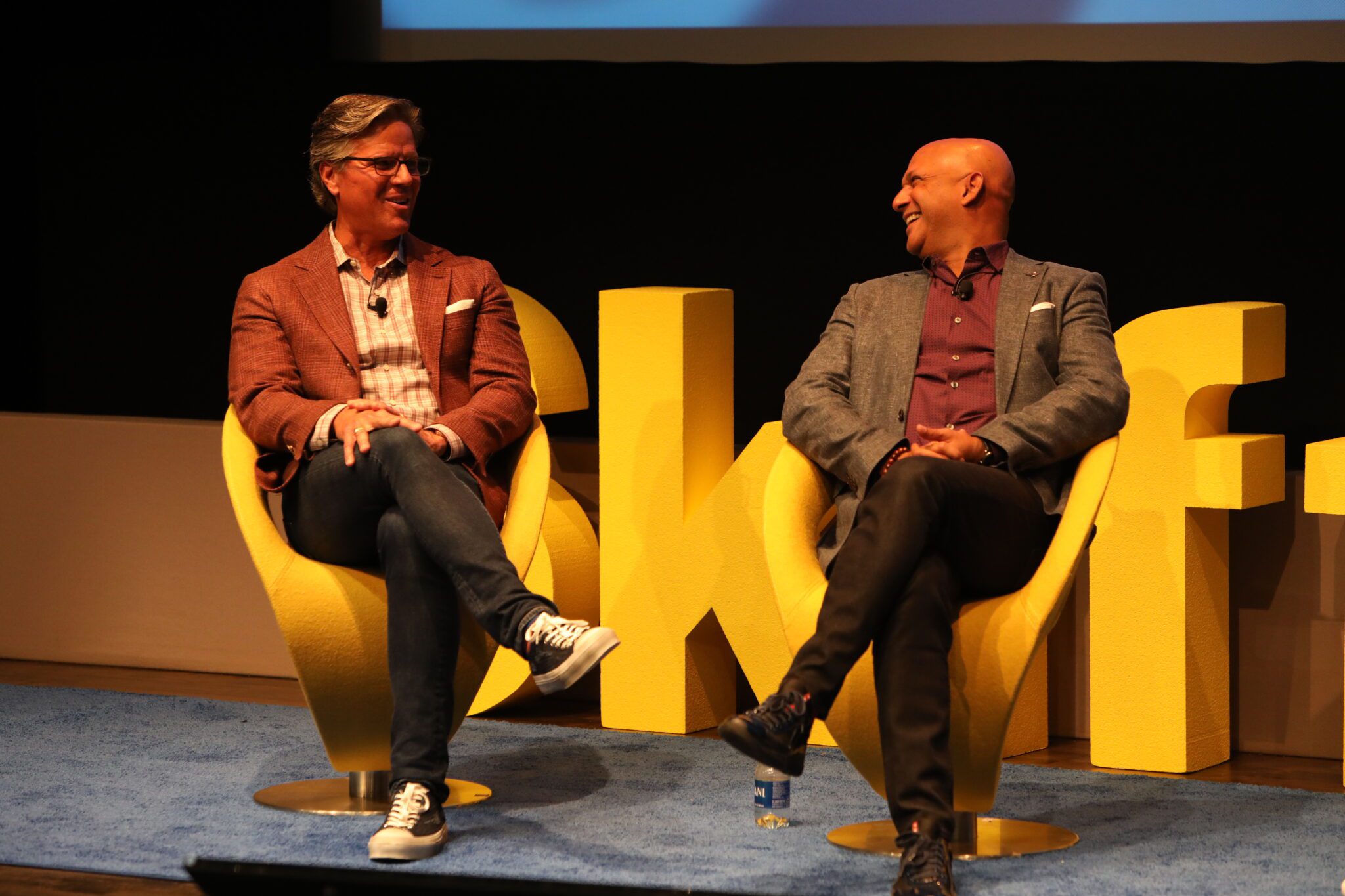Hotel Tech Is Not Prepared For the Future: What Comes Next

Skift Take
"It is impossible to rip out and replace everything we've got, because we are an industry where we have fragmentation," one investor told us.
Chris Hemmeter, managing director at Thayer Ventures, and Kurien Jacob, partner and managing director, Highgate Technology Ventures, spoke Tuesday at Skift’s Data+AI Summit. One theme: How hotel tech needs to evolve.
'The Traveler Has Changed'
“We find ourselves now with this incredible technical debt and in a real problem, because at the same time that our industry, and I'm talking mostly hospitality here, has been sort of playing catch up and just layering technology on top of itself, the traveler has changed. I mean, humans have changed the way that we engage with every aspect of our lives,” Hemmeter said.